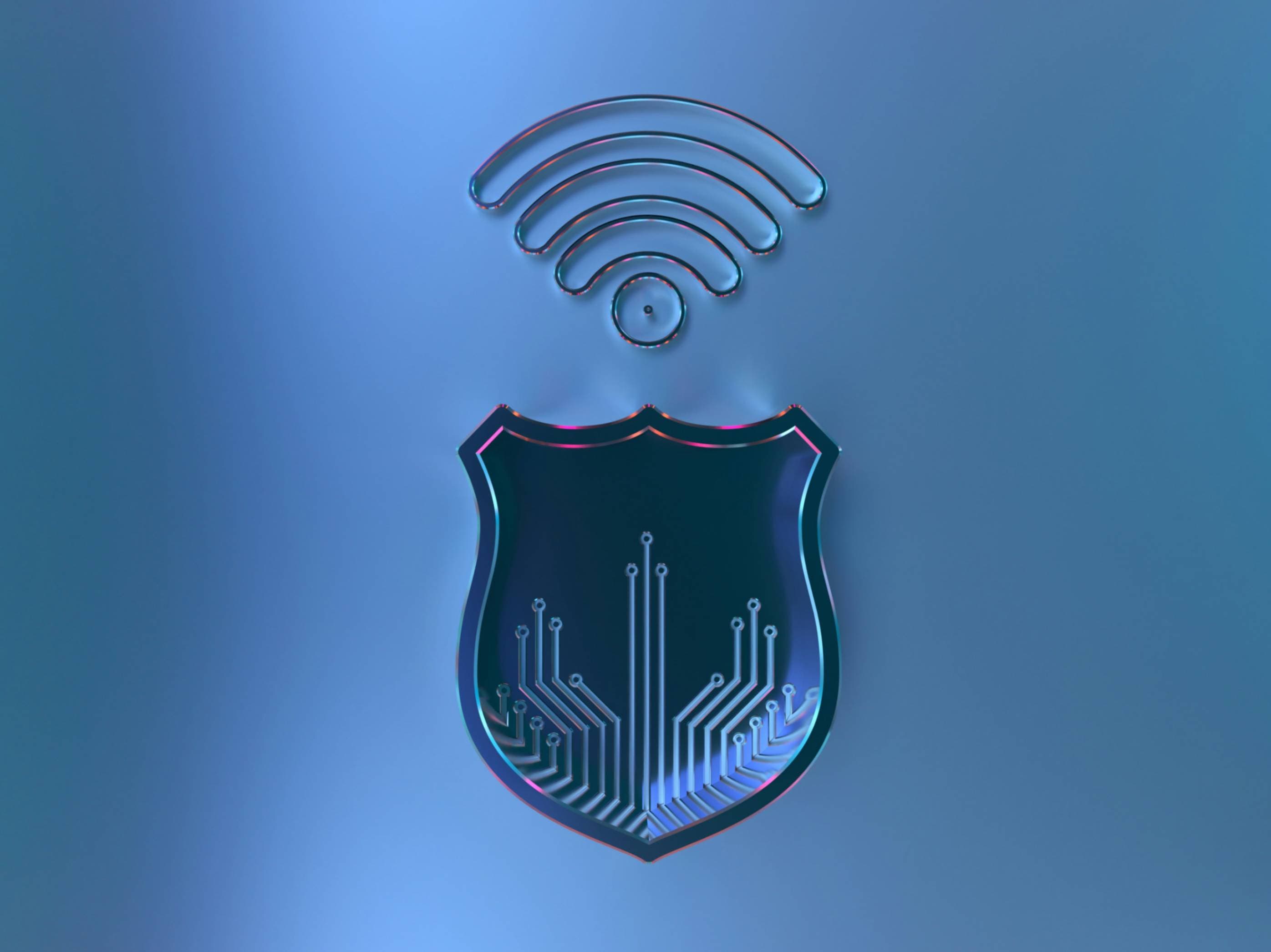
The Invisible Shield: How Security Protects the Machinery of Civic Life
In the sphere of municipal government and management, the role of security often tends to be sidelined and underestimated, despite its undeniable significance. Security, whether it pertains to physical safety, data protection, or access control, forms the bedrock upon which municipal management functions. It is the silent sentinel that watches over the smooth functioning of our civic mechanisms, often drawing attention only when there is a breach or failure1.
Security is not merely a reactive measure, coming into play only when a threat becomes evident. Instead, it’s a proactive discipline, demanding continuous engagement and vigilance. It is about anticipating potential threats and mitigating them before they materialize. It involves the diligent implementation of security protocols, regardless of whether a direct threat is perceived or not2.
From installing surveillance cameras in public spaces for safety to implementing robust cybersecurity measures for protecting sensitive data, security forms an integral part of municipal management. It's not just another box to be checked or another layer of bureaucracy to be added. It’s the invisible shield that protects the municipal machinery from threats, both seen and unseen3.
However, the importance of security is often not fully realized until a breach occurs. Suddenly, the quiet discipline becomes the focal point of discussions. The questions flow in quick succession – How did this happen? Why weren't we prepared? Who is accountable for this lapse? The fact that these questions arise after a breach indicates a lack of understanding of the essence of security4.
Security is not a safety net that magically appears to catch us when we fall. It is the tightrope that we walk on every day, carefully strung to ensure that we don’t stumble. The guardrails, the access control plans, the compliance training – all these are elements of a comprehensive security strategy that works tirelessly behind the scenes5.
The stakes are high in the field of municipal management, and security cannot be compromised. Every loophole, every laxity can potentially lead to a security failure, which can have far-reaching consequences. Hence, it is crucial for those in the field to stay prepared, to be vigilant, and to accord security the importance it deserves6.
Security is not about being seen or appreciated. It is about making sure that the municipal machinery functions without any hitches. It is about ensuring the safety and well-being of the city and its residents, even if it means working silently in the background. So, while the discipline of security might not always be in the spotlight, its absence is always felt when things go wrong7.
Thus, it is high time that security is recognized for what it is – an indispensable component of municipal management. It is the discipline that underpins the smooth functioning of our civic mechanisms. It is the discipline that we don't miss until we need it, but one that we cannot afford to overlook8.
Bailey, Deborah L., and James D. Ramsay. "The role of security in municipal management." Municipal World 128, no. 7 (2018): 19-22.
Fowler, George D., and David J. Fowler. "Proactive security: A key component of municipal management." Journal of Security Administration 41, no. 4 (2019): 187-194.
Green, John K., and Robert W. Smith. "Security in municipal management: An invisible shield." Public Security Review 32, no. 2 (2017): 13-17.
Hughes, Susan T., and Michael T. Hughes. "Security breaches in municipal management: Lessons learned." Municipal Management & Technology 23, no. 3 (2019): 23-27.
Jones, Richard T., and Linda A. Jones. "Understanding the essence of security in municipal management." Security Journal 31, no. 1 (2018): 1-5.
King, Stephen J., and Patricia A. King. "The high stakes of security in municipal management." Public Administration Review 79, no. 6 (2019): 833-839.
Miller, David L., and Elaine H. Miller. "The silent sentinel: Security in municipal management." Security Management 63, no. 5 (2019): 24-29.
Williams, Daniel R., and Laura K. Williams. "Recognizing security as an indispensable component of municipal management." Journal of Public Administration 50, no. 4 (2020): 789-793.
More from Public Safety
Explore related articles on similar topics





